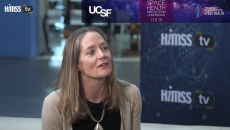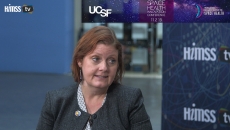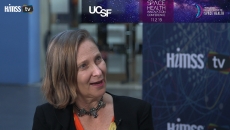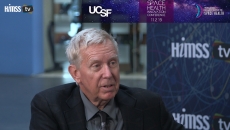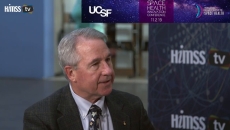NASA
Mary L. Bouxsein, professor of orthopedic surgery at Harvard Medical School, says there is a problem of bone loss during space flights and discusses how to maintain the muscular skeletal system during long-duration flights.
NASA stakeholders discuss the potential for technologies supporting astronauts' mental health and cognitive functioning during a mission.
Insights into personalized genomics can help prevent diseases in outer space.
Julie Robinson, chief scientist at NASA's ISS division, talks about using health research on the International Space Station to prepare for a long-term mission to Mars.
There are challenges centered around human physiology and human factors in space and other extended environments, says Dr. Annette Sobel, professor at Texas Tech University and board member at the Translational Research Institute for Space Health.
NASA is using the International Space Station to test new technologies for the Mars mission.
Dr. Jonathan B. Clark, associate professor of neurology at Baylor College of Medicine, says the future can learn from past failures, successes in space medicine.
Space health research can teach us a lot about aging, including in such areas as osteoporosis and neurovestibular system issues, says Mechanical and Aerospace Engineering Professor at UC Davis and former NASA astronaut Stephen K. Robinson.
At the Space Health Innovation Conference on Saturday, NASA scientists, astronauts and partners discussed the future of space health.
Using data from NASA, the startup will be building tools that show how low gravity affects the human body, and how medical issues can be addressed during spaceflight.
